Balancing board exam preparation with competitive exams like COMEDK is one of the most challenging aspects of PU life. With different expectations, formats, and stress levels, students often find it hard to divide their time and energy between the two. COMEDK demands precision, speed, and accuracy, while PU board exams require structured, conceptual answers and in-depth understanding. But when tackled strategically, both exams can be aced with smart preparation, consistent effort, and proper support.
Understanding the Differences in Focus
PU Board Exams and COMEDK serve different purposes:
- PU Board Exams: Emphasize writing skills, step-wise scoring, and theoretical understanding
- COMEDK: Tests objective knowledge, speed, and conceptual clarity via MCQs
Despite overlapping syllabi—especially with NCERT as the base—your approach to each exam must differ. Where board exams reward presentation and clarity, COMEDK values quick application and error-free attempts. Understanding this core difference is vital to planning your preparation.
Create a Dual Preparation Timetable
To balance both, time must be allocated wisely:
- Morning Routine: Use early hours for board revision when your mind is fresh
- School Hours: Focus on classroom activities, note-making, and clearing board-related doubts
- Evening Slot: Allocate 1.5–2 hours to COMEDK-based MCQs and problem-solving
- Weekend Focus: Reserve 4–6 hours across Saturday and Sunday for mock tests and concept brushing
Plan monthly targets for both boards and COMEDK. For example, if you finish 2 chapters of Physics for boards in a week, mirror that with COMEDK-style practice on the same topics.
Break Down the COMEDK Syllabus Smartly
Organizing the syllabus will reduce pressure:
- Identify Overlapping Chapters: Focus first on topics common to both COMEDK and board exams, such as Thermodynamics, Organic Chemistry basics, and Kinematics
- Mark MCQ-Intensive Units: Like Electrostatics, Coordination Compounds, and Calculus, which require additional problem-solving practice
- Classify Topics by Difficulty: High, medium, and low difficulty tiers help optimize your revision sequence
Use the Right Resources
You don’t need to be buried in multiple books. Use a focused set:
- NCERT Textbooks: Crucial for both board and COMEDK prep
- COMEDK PYQs (Past Year Questions): Understand the depth and difficulty of MCQs
- Chapter-Wise MCQ Guides: For daily practice
- OMR Practice Sheets or CBT Simulators: To simulate exam pressure and improve bubble-filling accuracy
- Deeksha Vedantu Worksheets: Integrated for both board and COMEDK-style learning
Revise Boards Through MCQ Practice
One effective way to blend board and COMEDK prep is through reverse learning:
- Use board revision notes to design your own MCQs
- After reading a chapter, test yourself with topic-specific MCQs
- Practice diagrams (especially in Physics and Biology) to gain marks in boards and support COMEDK reasoning-based questions
This overlap reduces extra effort and builds a confident feedback loop.
Mock Tests are Your Best Friend
Mock tests help students improve timing, identify weaknesses, and track progress:
- Start Early: From the second half of 1st PU, begin with monthly mocks
- Gradually Increase: Move to bi-weekly mocks in 2nd PU and weekly mocks after Pre-Boards
- After Each Test: Review every incorrect answer and classify errors as silly mistakes, conceptual errors, or time-management issues
- Maintain an error tracker journal
Leverage School Breaks & Holidays
Vacations are golden periods for exam preparation:
- October Break (Dussehra): Focus on finishing pending chapters and taking full-syllabus mocks
- Winter Break (Christmas-New Year): Build speed in MCQs, revise short notes, and take at least 3 full-length mocks
- Post-Board Phase (March): Go all-in on COMEDK preparation with 2–3 mocks per week, revision, and crash course modules
Deeksha Vedantu’s residential programs structure these windows with supervised study, peer learning, and one-on-one mentorship.
How Deeksha Vedantu Helps You Prepare for Both
Deeksha Vedantu’s integrated approach bridges the board-entrance exam gap seamlessly:
- Structured Academic Planning: Each subject has parallel plans for board and entrance prep
- Weekly Assessments: Alternate between board-style questions and COMEDK-format MCQs
- Doubt Clearing & Remedials: Immediate academic support available for weaker topics
- Performance Dashboards: Track board marks, mock test ranks, and improvement areas in one place
- CBT Labs: Familiarize students with COMEDK’s online test format
This holistic system ensures you’re not just multitasking but mastering both.
FAQs
1. Can I manage both COMEDK and PU boards without extra tuition?
Yes, especially with an integrated curriculum like Deeksha Vedantu’s. The key lies in time allocation and consistency.
2. Will COMEDK preparation improve my board marks?
Definitely. COMEDK’s focus on clarity and speed boosts conceptual strength, which translates into better board answers.
3. How early should I begin COMEDK prep?
Start light in 1st PU—around 3–5 hours weekly. Intensify in 2nd PU with full-length mocks and strategic revision.
4. Are NCERT books sufficient for COMEDK?
Yes, they’re foundational. Supplement with MCQs and application-based practice to build speed and accuracy.
5. What is Deeksha Vedantu’s unique advantage for COMEDK + Boards?
Our hybrid approach ensures no subject is sidelined. We balance rigorous board-level teaching with focused COMEDK practice, mock analytics, and constant mentor support.
Conclusion
Preparing for COMEDK while acing PU board exams doesn’t have to be a stressful juggling act. With a practical schedule, smart study methods, and the right mentorship, you can excel in both. Focus on planning rather than panicking, integration instead of isolation, and consistency over cramming.
At Deeksha Vedantu, thousands of students have walked this dual path and emerged successful—scoring high in boards while securing top COMEDK ranks. Our system is designed to make this balance natural, productive, and empowering.
Ready to simplify your dual prep journey? Let Deeksha Vedantu be your guide.
Table of Contents


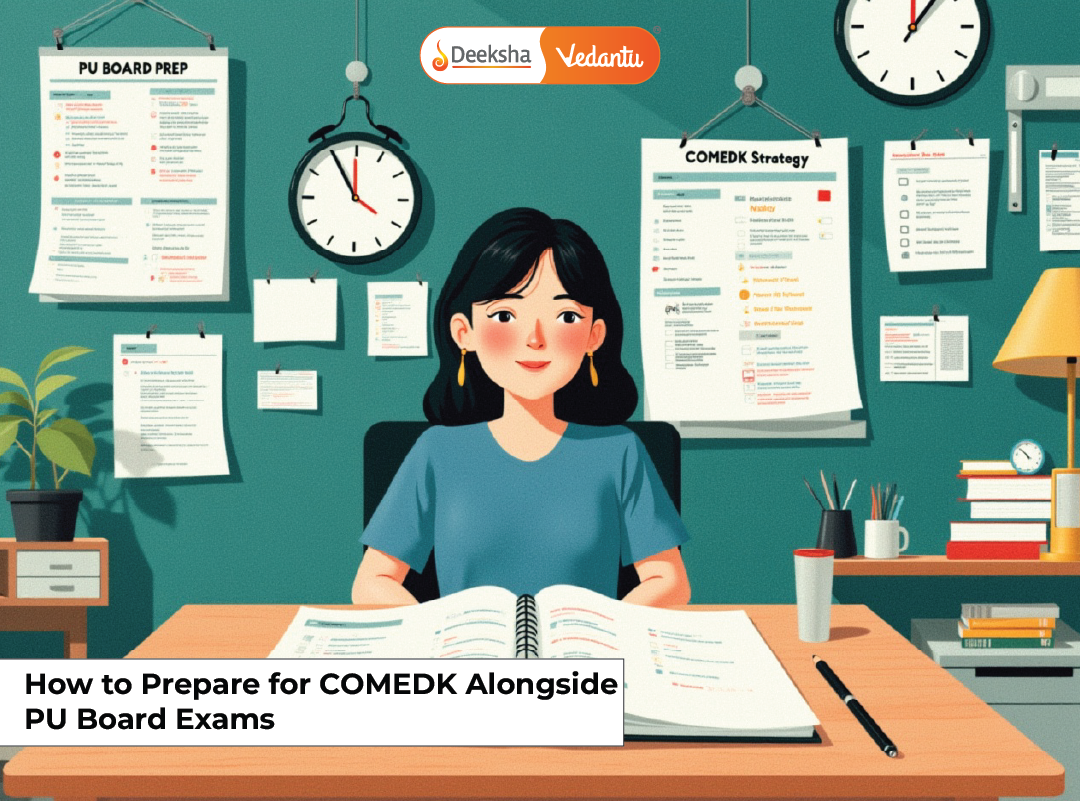


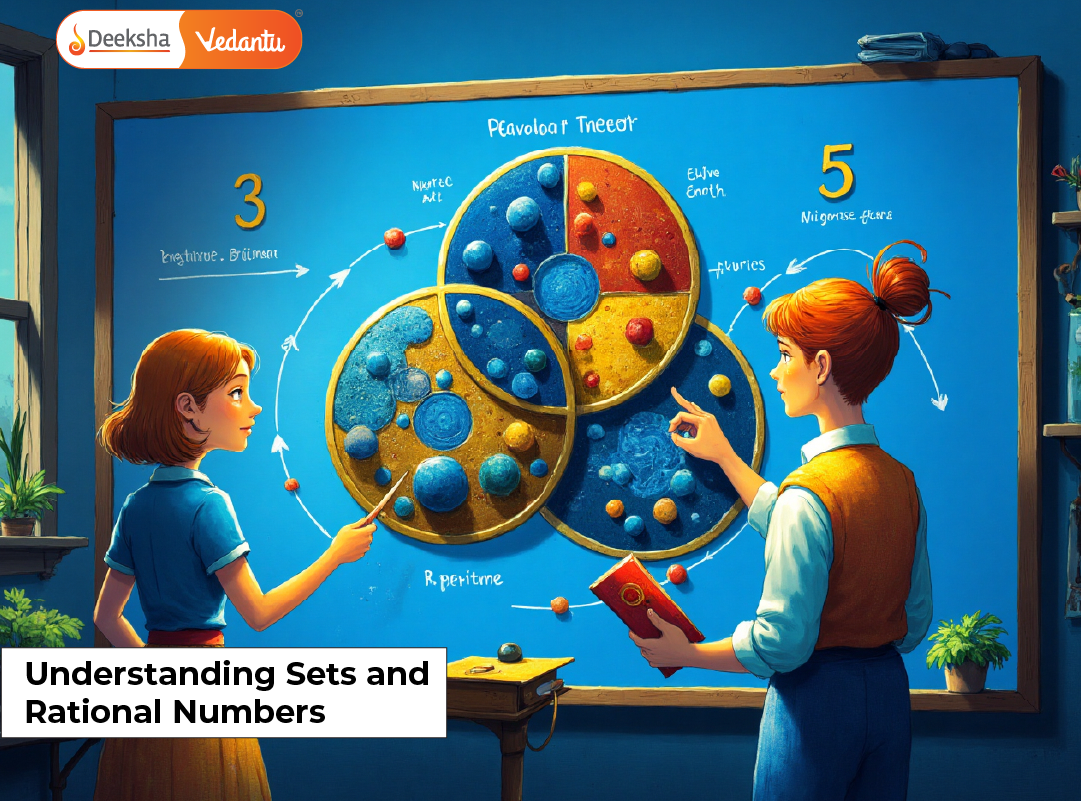

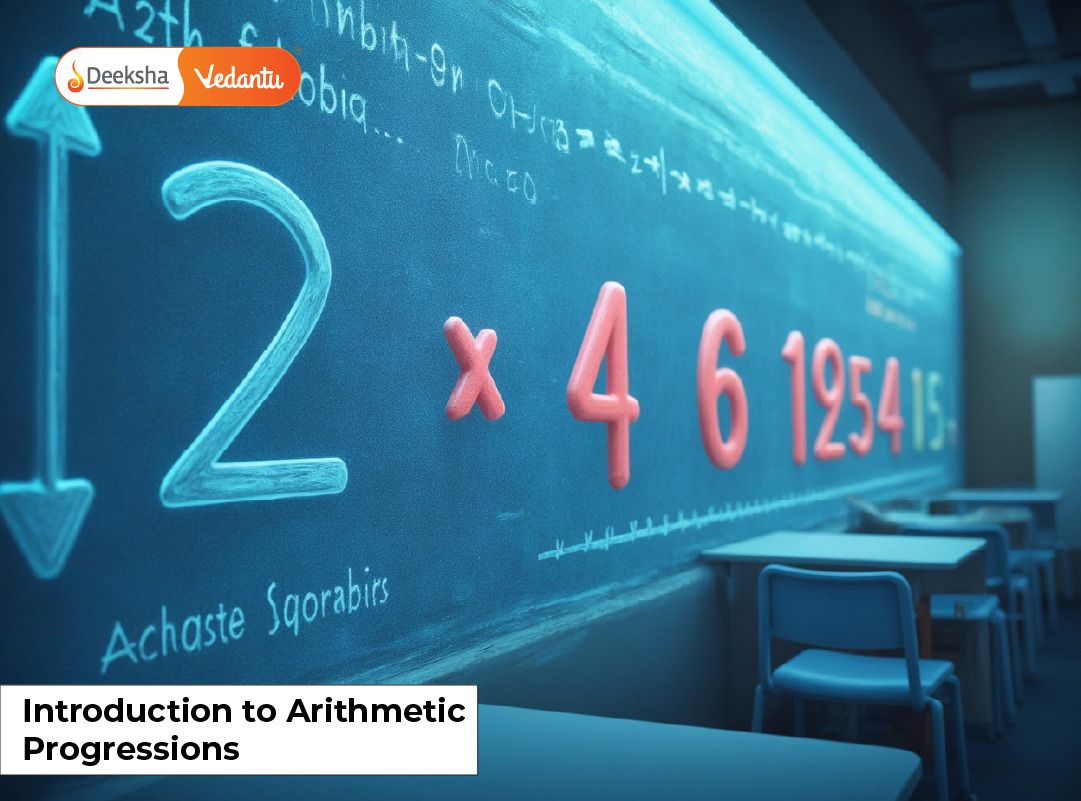
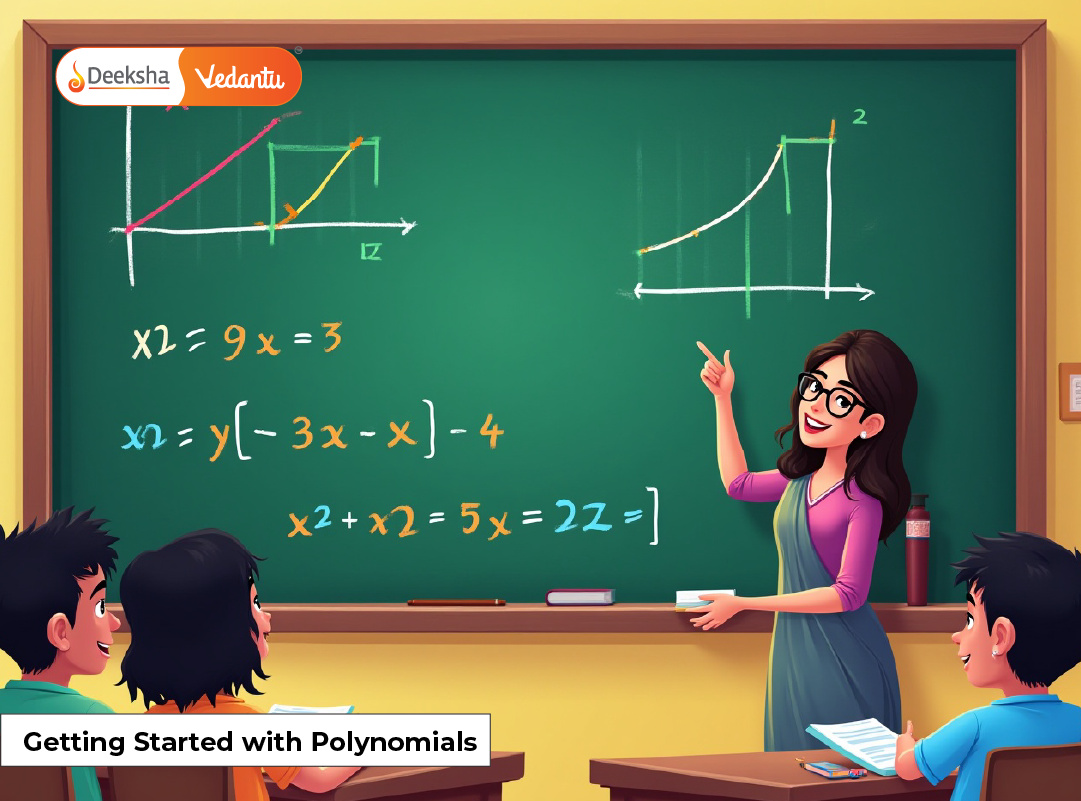
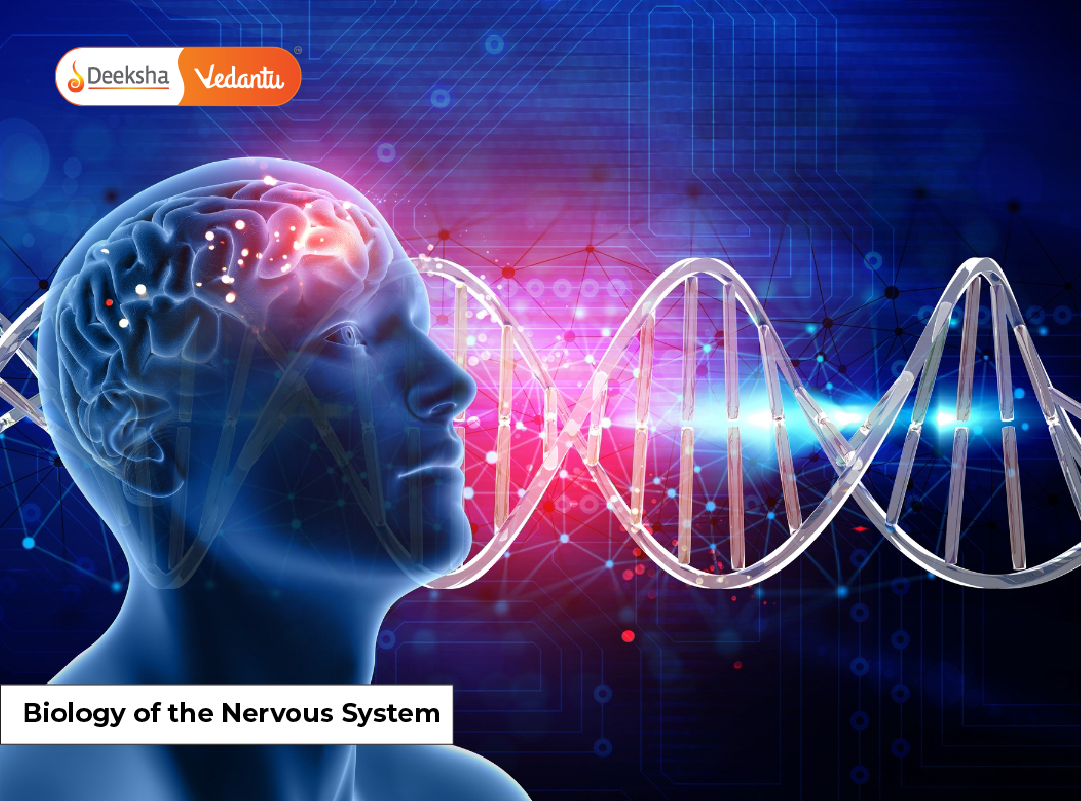
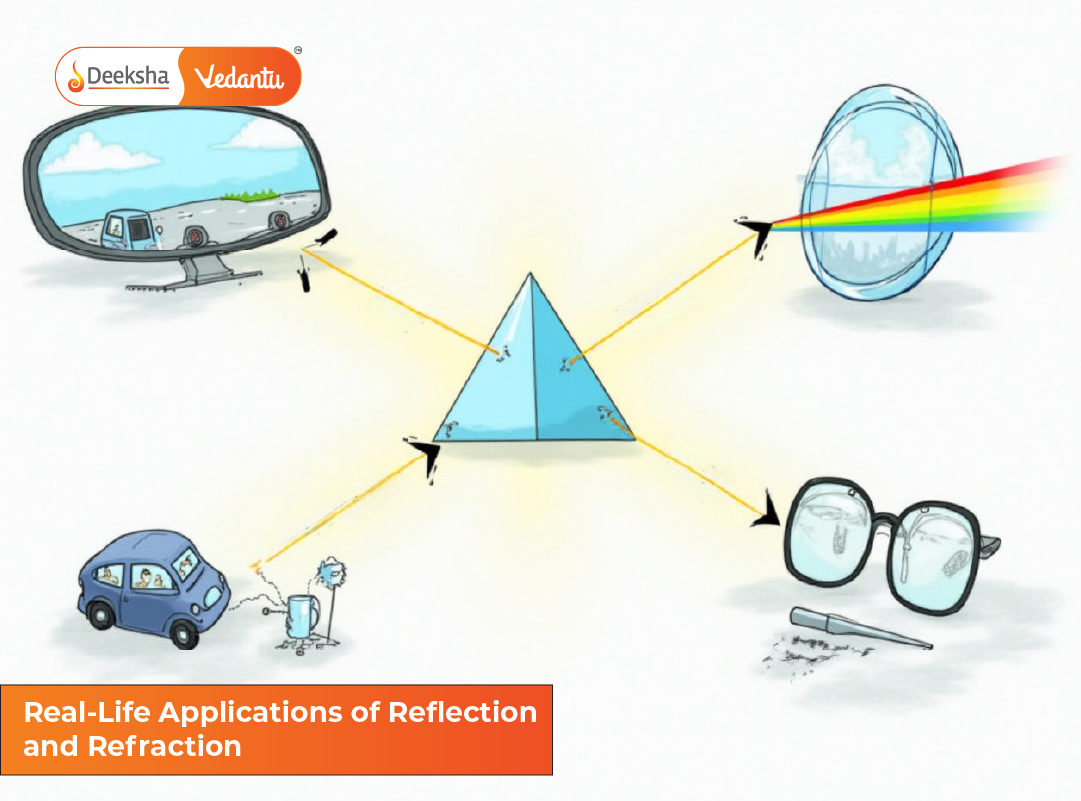
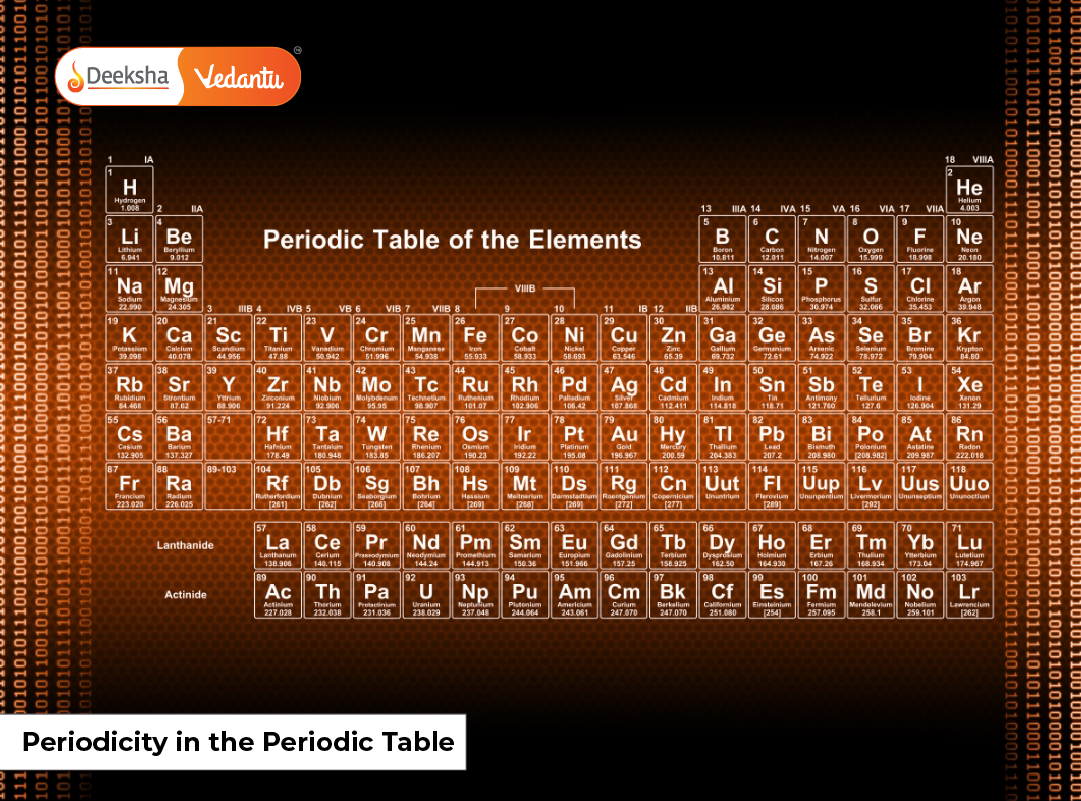



Get Social